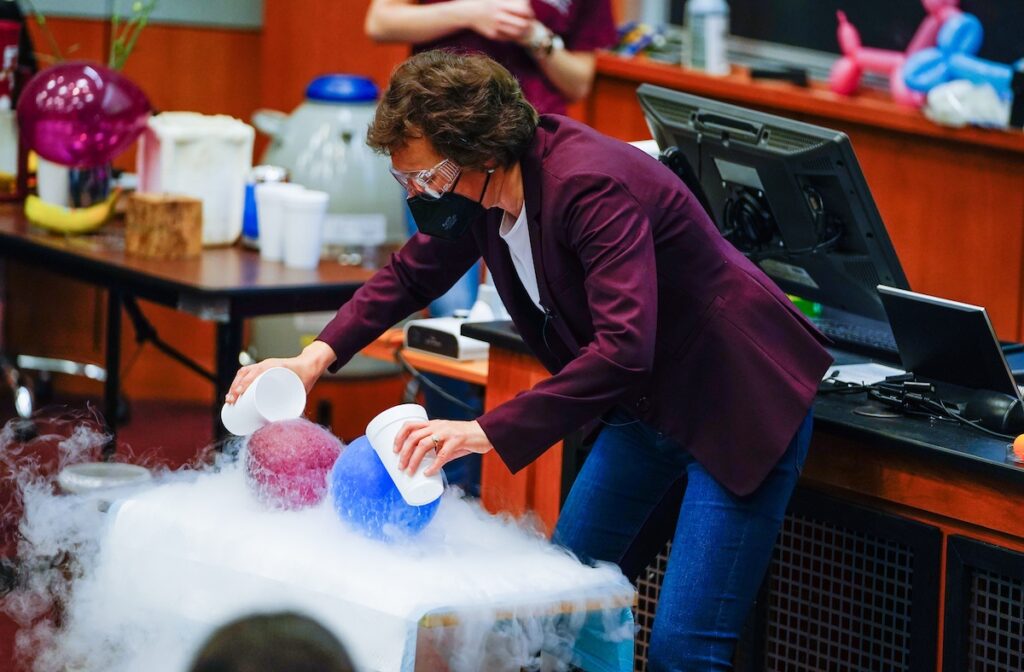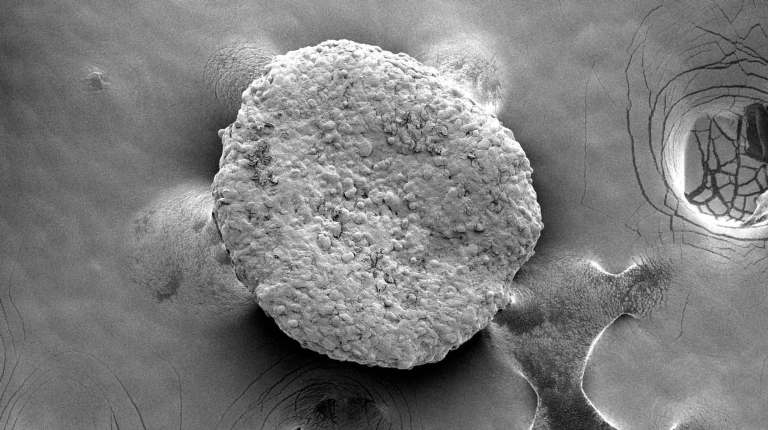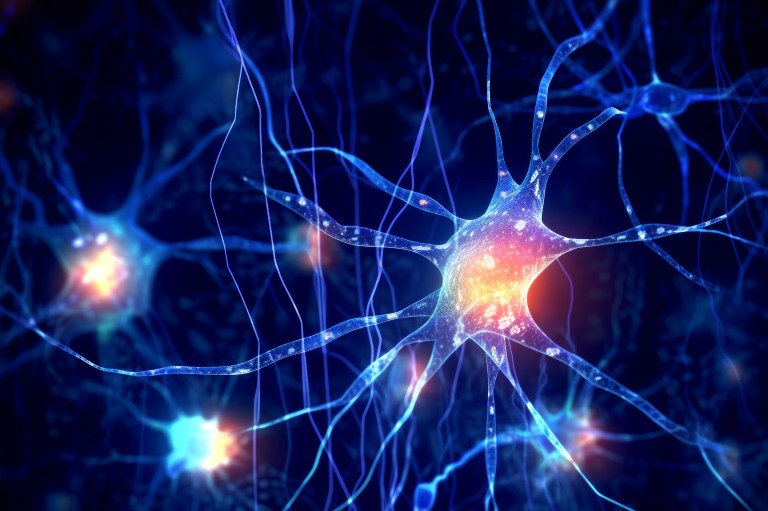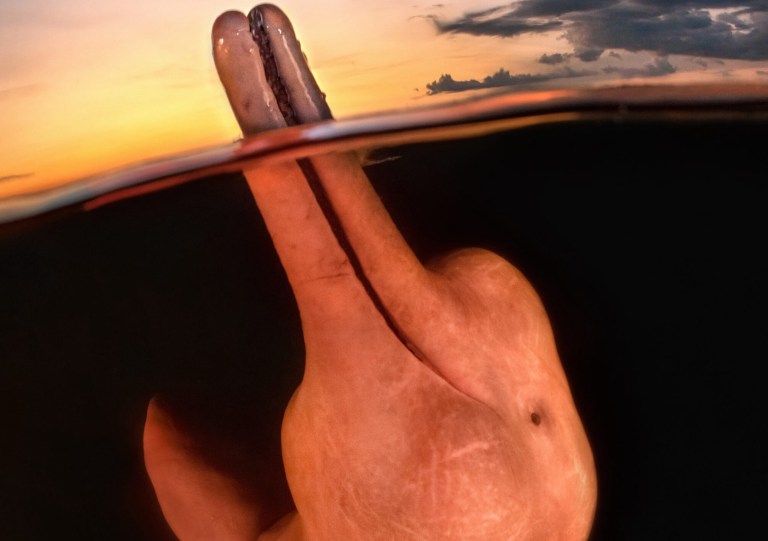Despite earning over 50% of bachelor’s degrees total, women make up only about one-fifth of degrees obtained in physics, according to the American Institute of Physics. Although this statistic has not deviated much over time — staying stagnant during the period between 2007 and 2017 — one female physicist is hoping to change that by inspiring young women to study science.

Tatiana Erukhimova, a physics professor at Texas A&M University, is using the power of social media to spread the message that women are just as capable as their male counterparts when it comes to pursuing a career in the field. And she’s certainly reaching the masses: Erukhimova’s viral TikTok videos have gotten millions of views over the past two years. They mainly show quick experiments, like using a banana as a hammer and removing ice cubes from a glass of water with a string, that highlight the fun of science.
“You cannot explain much in these short clips, but … you can inspire,” Erukhimova, who earned her doctorate in Russia before moving to College Station, Texas, told CBS News.
The videos, the majority less than one minute long, have served as inspiration for many who are interested in the field, and in at least one case, motivated a young woman to specifically study physics at Texas A&M. “Watching Dr. Tatiana do the experiments online, especially since she was a female leader, was more inspiring for me to even go into physics,” said the student, Afiya Dhanani.

In addition to spreading her message online, Erukhimova is doing the research to showcase the statistics. She was involved in a 2021 study that busted the stereotype that men are better suited for physics than women merely because of their gender by examining grades over the course of 10 years.
“We believe that all students should have equal opportunities and chances for success in physics,” she said in a press release at the time. “The results of this work may help with fighting the gender stereotype threat that negatively impacts so many female students. By contributing to the body of knowledge about how gender relates to student performance, we hope that our work … can be another step in dismantling the preconceived notion of a societal bias based on gender in physics.”
“There was no consistent difference between a male and female performance on these exam scores,” Erukhimova, who began working for the university in 2001 and has taught calculus-based introductory physics classes since 2006, explained in the CBS interview. “And I felt that this was a very important message for my students.”
Her dedication to teaching has earned praise from those students. “You can tell when a teacher wants to be somewhere else. But when you walk into Dr. Tatiana’s classroom, you can tell she wants you to be there,” former student Nicole Cirigioni said. “She cares and wants you to learn, which makes you want to learn, too.”
Another former student, Callie Rethman, highlighted Erukhimova’s “celebration of science,” adding that “her videos going viral have really brought that celebration [of science] everywhere.”












